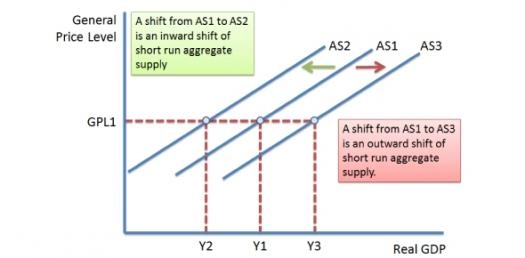
Think you know conditional statements? Take our comprehensive trivia quiz to test your knowledge and find out if you're a Conditional Novice, Enthusiast, or Master! Challenge yourself today.
Questions and Answers
What's inside the Mastering Conditional Statements: Test Your Knowledge! quiz
Which keyword is used to start a conditional statement in many programming languages?
In an if-then statement, what follows the 'then' part?
Which of the following is an example of a nested conditional statement?
What is the purpose of an 'else' clause in a conditional statement?
Which of these represents a proper if-else syntax in Python?
What does the following conditional statement check? if (age >= 18)
In C++, how do you start an if statement?
What is the result of the following condition: if (!(x > 10))?
Which of these is NOT a type of conditional statement?
What does a ternary operator replace in conditional statements?
In Ruby, how do you write an inline if statement?
Which of the following best describes a compound conditional statement?
What is the primary function of conditional statements in programming?
Quiz description
Enhance Your Understanding of Conditional Statements
Conditional statements are fundamental concepts in programming and logic, forming the backbone of decision-making processes in both fields. Whether you're a student revisiting primary school concepts or a seasoned developer brushing up on the basics, understanding conditional statements is crucial.
What Are Conditional Statements?
At their core, conditional statements follow an 'if-then' structure, allowing programs to execute certain actions based on whether specific conditions are met. This logical flow enables dynamic responses and decision-making capabilities within software applications.
Types of Conditional Statements
- If Statements: Execute a block of code if a specified condition is true.
- If-Else Statements: Provide alternative actions if the initial condition is false.
- Else If Statements: Allow multiple conditions to be checked in sequence.
- Switch Statements: Offer a streamlined way to handle multiple possible conditions based on the value of a single expression.
Why Are They Important?
Conditional statements enable programs to handle real-world scenarios where outcomes depend on varying inputs and situations. From simple applications like determining if a number is positive or negative to complex systems like autonomous vehicles making real-time decisions, conditionals are indispensable.
Test Your Knowledge
To gauge your understanding of conditional statements, take our comprehensive quiz. It covers various aspects, from basic syntax to more intricate logical constructions, ensuring a well-rounded assessment of your skills.
Benefits of Mastering Conditionals
- Improved Problem-Solving: Enhances your ability to break down complex problems into manageable decisions.
- Code Efficiency: Leads to more efficient and readable code by eliminating unnecessary processes.
- Enhanced Logical Thinking: Strengthens your overall logical reasoning and analytical skills.
Whether you're preparing for exams, improving your programming abilities, or simply curious about logical structures, understanding conditional statements is a valuable asset. Dive into our quiz to challenge yourself and expand your knowledge!











